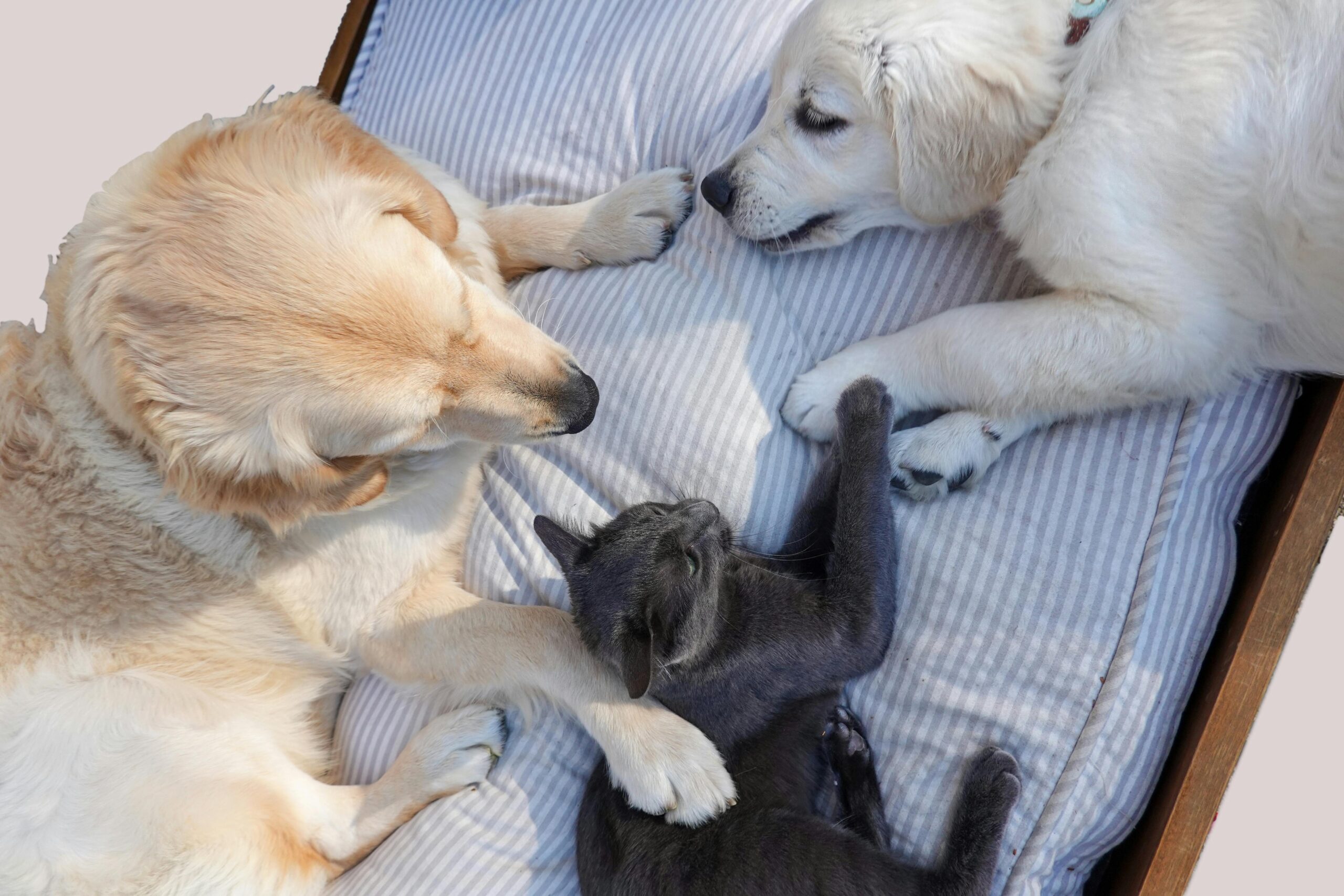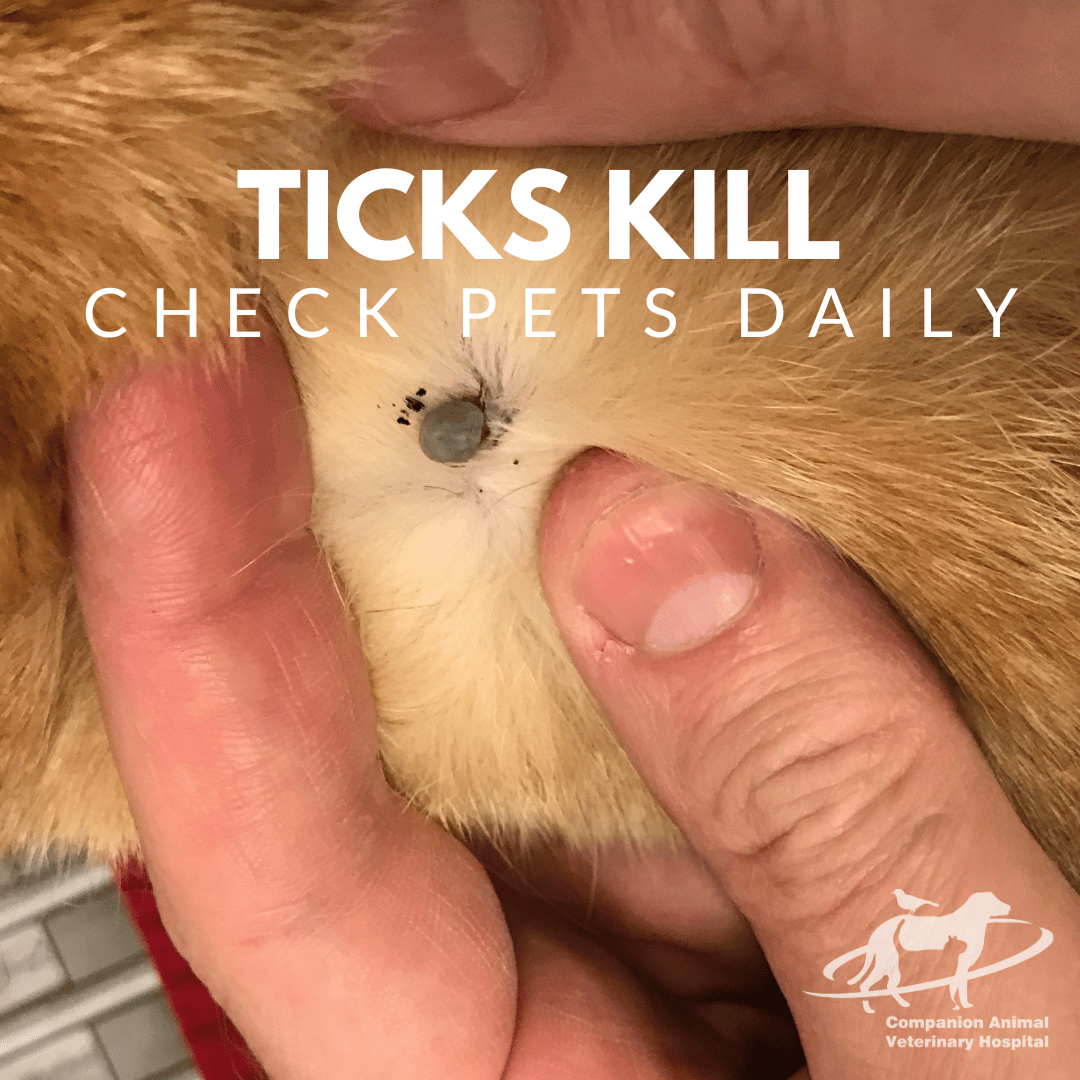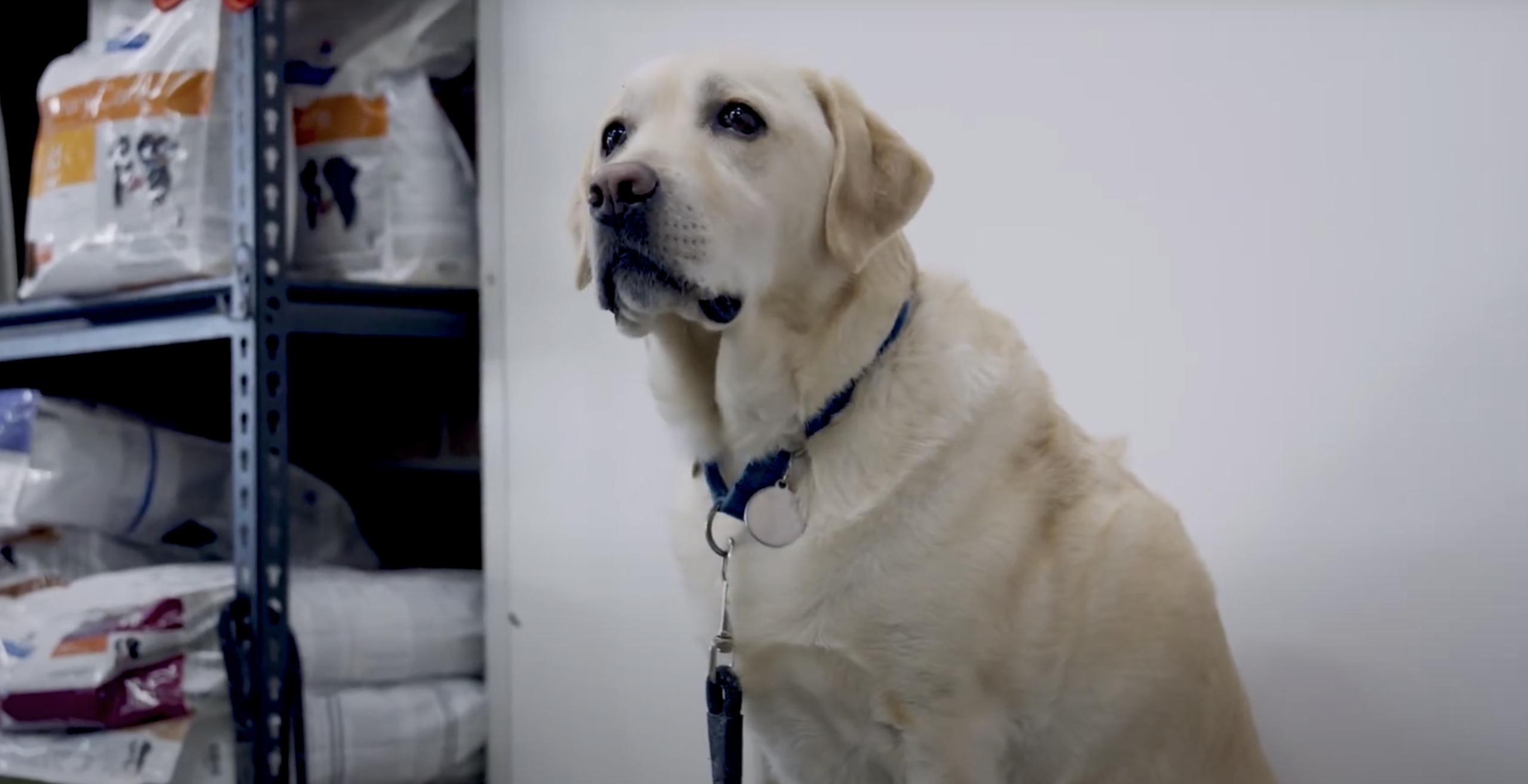Community veterinary clinics are more than places to get vaccines and medications. They are relationship-based healthcare hubs that know your pet, your family and your local environment. That familiarity builds trust, improves outcomes and often makes care simpler, faster and more affordable over time. If you want a clinic that treats your pet like family, book an appointment or contact us.
1) Continuity of care, the same team year after year
Seeing the same vets and nurses means every visit builds on the last. We know your pet’s quirks, prior reactions, what motivates them, and how their health trends over time. Continuity helps us spot subtle changes early, for example weight shifts, new heart murmurs or skin flare patterns, so we can act sooner and avoid bigger problems.
Why it matters: better diagnostics, fewer repeats, safer medication choices, calmer visits for anxious pets.
2) Local knowledge of real-world risks
Community clinics live the same seasons their clients do. On the NSW coast, that means paralysis ticks in warm months, heat stress during humid spells, and seasonal allergies after rain. Local context shapes our preventive plans, travel advice and emergency triage. We advise when to switch products, when to bring dosing forward, and which beaches or bush tracks need extra vigilance.
Need a seasonal plan? Ask our team for a tailored parasite and heat-risk calendar.
3) Whole-of-family care and practical advice
Community vets understand family logistics, kids, shift work, budgets and multi-pet households, and give advice that actually fits. From crate training and recall games to safe tick-check routines the kids can help with, we keep it realistic and doable. We prioritise the most impactful steps first, then layer in extras as time and budget allow.
4) Preventive care that is personalised, not one size fits all
We tailor vaccination intervals, dental plans, nutrition, parasite control and screening to species, breed, age and lifestyle. Indoor cat? We keep it cat-safe and low stress. Bulldog that overheats? We design a summer routine, an airway check plan and a harness fit. Seniors get mobility and pain-management roadmaps so they can enjoy comfortable, active lives.
5) Low-stress handling and cat-friendly care
Trust grows when pets feel safe. Community clinics invest in fear reduction: separate dog and cat spaces where possible, gentle handling, pheromone diffusers, treats and longer appointments for nervous or brachycephalic pets. For cats, we coach carriers, towel wraps and home preparation so visits are smoother for everyone.
6) Transparent pricing and stepwise plans
Because we know our clients personally, we are upfront about costs and options. You get estimates before treatment and a stepwise plan, what is essential today, what can wait, and where we can monitor. That transparency helps families plan care without surprises.
Want an estimate? Contact us and our nurses will outline likely costs before you come in.
7) Rapid access and sensible triage
When something is wrong, you do not want a call centre. You want a nurse who recognises your voice and your pet. Community clinics offer same-day triage, urgent slots and clear guidance on what to do now versus what to watch. We also coordinate with after-hours and emergency partners and share records so care is seamless if escalation is needed.
8) Integrated services under one roof
From wellness checks and dentistry to imaging, surgery and senior care, most community clinics cover the majority of your pet’s needs onsite. That means fewer referrals, faster answers and a team that understands the whole picture, including behaviour, nutrition and home environment.
9) Follow up that closes the loop
Trust is built in the follow through. We call after procedures, adjust plans when something is not working and check medication tolerance. For chronic issues such as skin disease, ear problems, weight and arthritis, we use review milestones to ensure your pet is actually improving, not just collecting repeats.
10) Part of the neighbourhood
Community vets support local rescue groups, schools and pet-safety campaigns, for example “never leave pets in hot cars”. You will see us at markets, puppy school graduations and desexing drives. That visibility builds accountability, and it is why so many families come to us by word of mouth.
How to choose a community clinic, quick checklist
- Continuity: Can you usually see the same vet or nurse?
- Communication: Clear estimates, written plans and realistic home care?
- Handling: Low-stress approach, especially for cats or anxious dogs?
- Local knowledge: Up to date on regional risks such as ticks, heat and algae blooms?
- Access: Same-day triage for urgent concerns, sensible after-hours plan?
- Reviews: Consistent feedback on kindness, clarity and outcomes? Read reviews
- Fit: Do they listen, explain and involve you in decisions?
If that sounds like the care you want, book a visit or find our location.
FAQs
Are community vets cheaper than corporate clinics?
Prices vary, but community clinics often save you money through continuity, earlier diagnosis and practical, stepwise plans that prevent complications.
Do community clinics have modern equipment?
Yes. Most invest in digital X-ray, dental radiography, ultrasound and in-house lab testing, so results are fast and treatment can start sooner.
What if my pet needs a specialist?
We coordinate the referral, send records and images, and help you understand options. After treatment, we continue shared care locally.
My pet is very anxious. Can you help?
Absolutely. We can stage visits, use pre-visit medications, schedule quieter times and employ fear-free handling to keep stress low.
Ready for a clinic that knows your pet, and you? Book an appointment or contact us.





